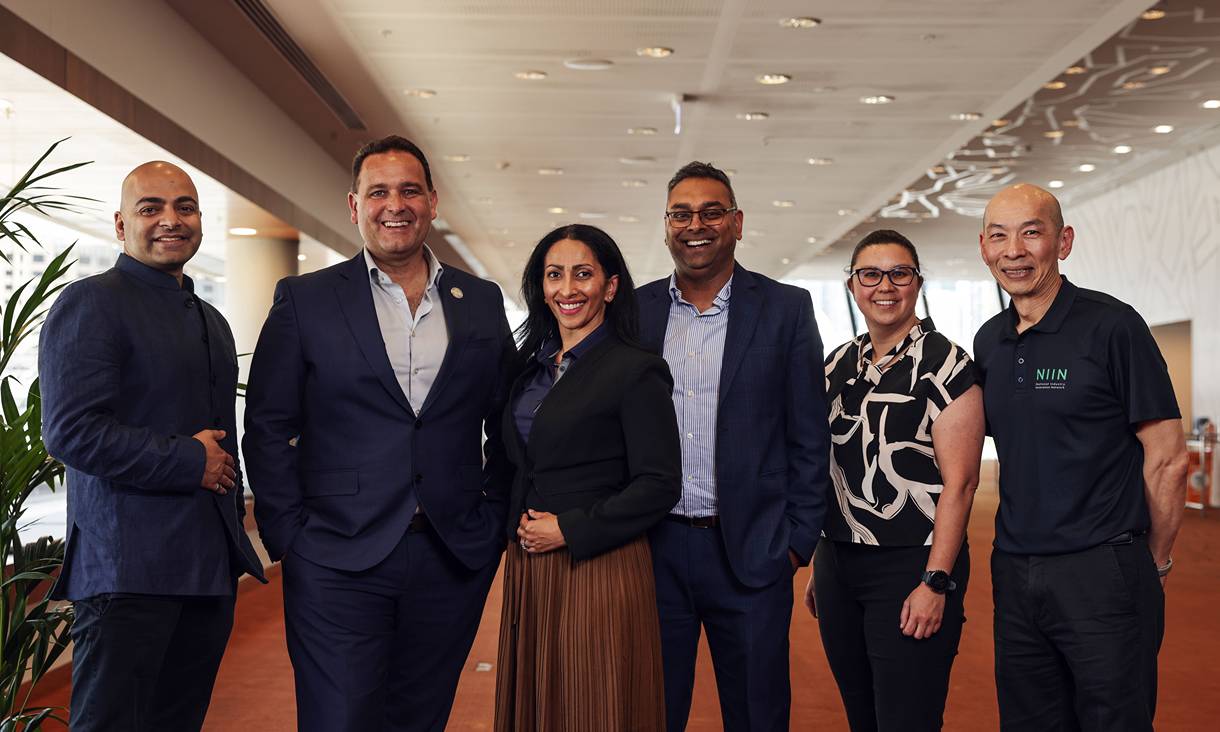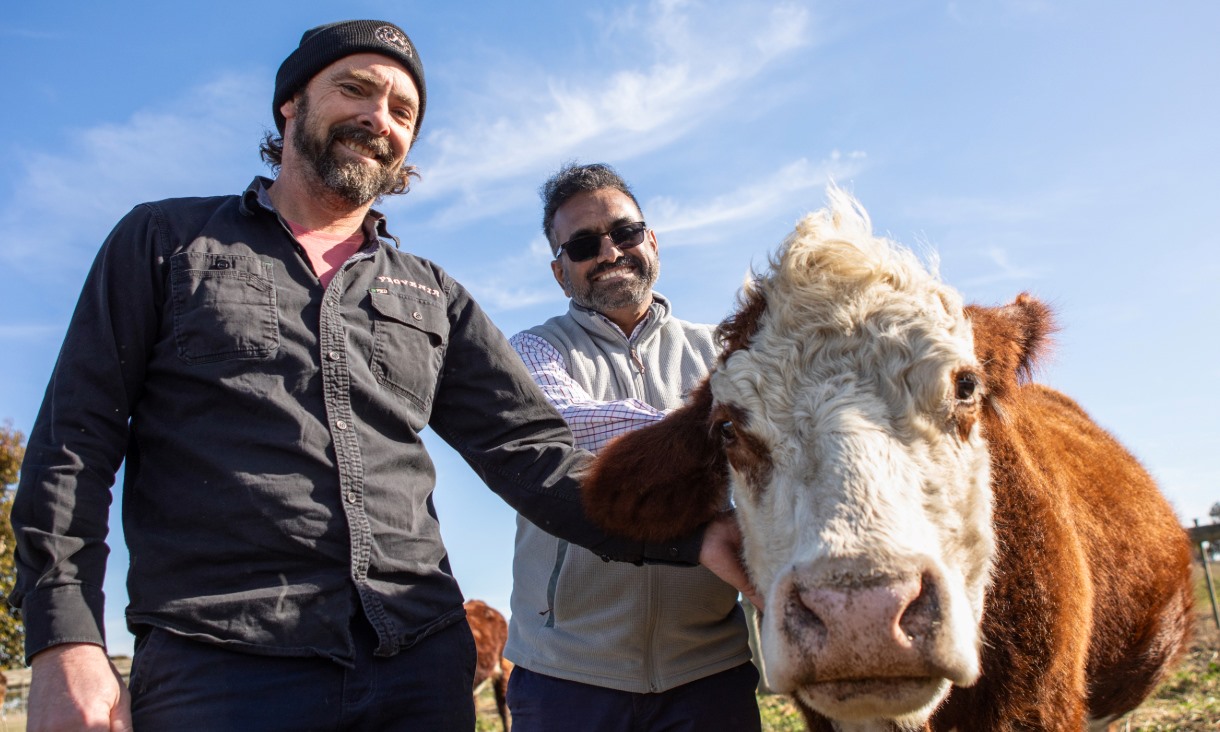According to Glover, most people fall into one of two camps: couples in lockdown together and those who are navigating the lockdown single – both with their own challenges.
“Those who are single now have to wait six weeks until they can hook up or go on a first date,” Glover said.
“Last time, people found ways around that by arranging things like ‘meet you at the supermarket’ dates.
“For those in long term relationships, there is no escape from the family and kids. How do you find the physical and mental space to be intimate? It’s a big challenge.”
A recent study found roughly one in five Australians felt their relationships were worse off since the pandemic, but more than a quarter felt they improved.
Glover said that while she isn’t a relationship counsellor, intimacy fatigue is a normal thing for long-term couples to face and forced isolation could easily exacerbate this.
“If your sexual relationship is flagging, there are good sexual intimacy counsellors out there,” Glover said.
“Finding a way to discuss it is the first step and if you need to get a counsellor involved, do it.”
Recent research has pointed to a reduction in sexual intimacy during lockdown, while rates of watching porn during isolation have skyrocketed.
Pornography can be used as a release to help with stress, anxiety and negative emotions, but also poses a risk to mental health.
Glover said lock-down or not, porn can become an addiction like any other.
“Like any addiction, you need to ask if it’s taking over your life and ruining your relationships,” Glover said.
“If you can find a balance, it can be a healthy part of a couple’s sex life, but finding the right material is hard as so much of it is problematic.
There’s already been a spike in sex-toy sales during the first COVID-19 lockdown, and Glover predicts we will see another.
“Online sex toy retailers have been seeing big increases in retail traffic – they’re one of the industries actually doing well from the pandemic,” Glover said.
Dr Judith Glover leads the Design and Sexual Health Innovation (DaSHI) research and teaching cluster at RMIT’s School of Industrial Design.
DaSHI is interested in projects involving Sex and (Dis)ability, Vaginismus, Prostrate Cancer (and sexual rehabilitation from cancer in general), Sex and Ageing, Pelvic Pain, Pre and Post natal, Erectile Dysfunction and innovative new forms of sexual arousal.
Story: Caleb Scanlon




